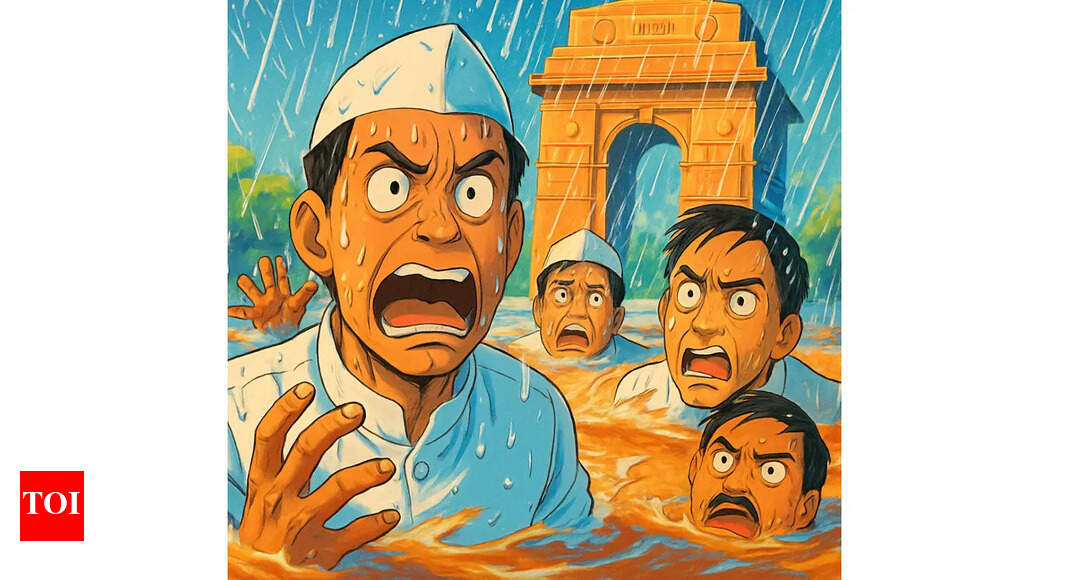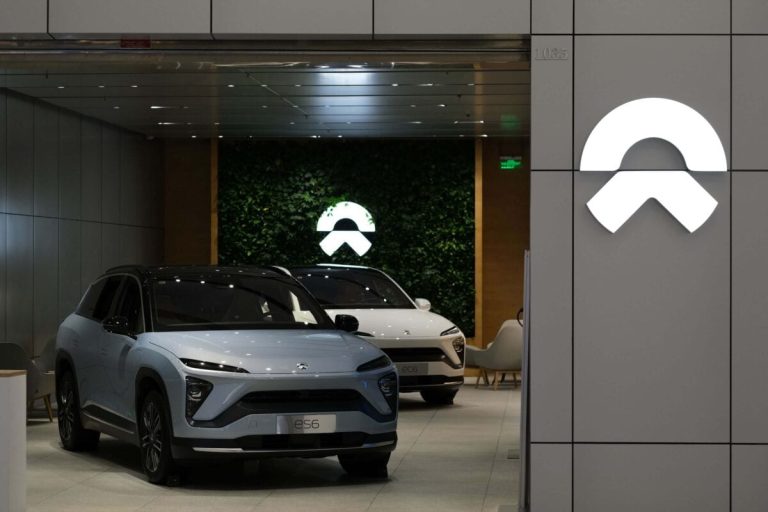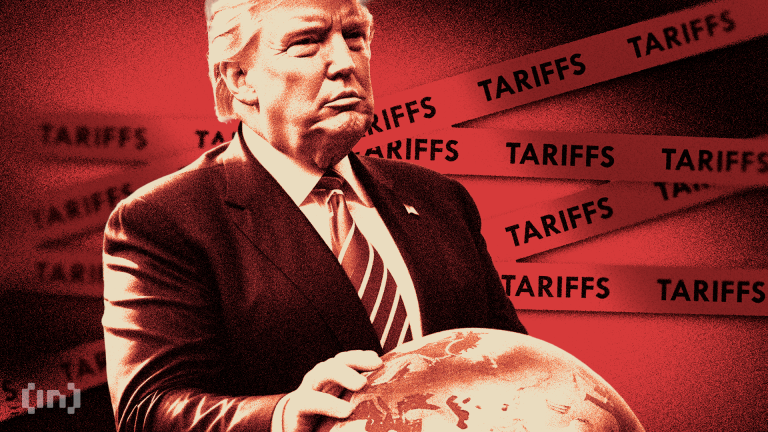
Why Are Elections Not Held During Monsoons?
Every monsoon season, cities across the country experience a reality check with flooded streets, disrupted transportation systems, and a breakdown of essential infrastructure. This annual phenomenon highlights the deep challenges unaddressed by urban planning, and it also explains why elections are strategically avoided during this critical time.
Challenges That Monsoon Brings to Elections
One key reason why elections steer clear of the rainy season is the sheer logistical nightmare it creates. Waterlogged roads, overflowing drains, and the temporary shutdown of vital services, such as airports, make it virtually impossible to conduct smooth and efficient electoral processes.
Polling booths, often set up in schools or community spaces, are frequently rendered inaccessible due to flooding. Long-term infrastructure issues, which are often overlooked, become glaringly obvious during the monsoon, leaving governing bodies exposed to public scrutiny. This is a time when reality bites, and there’s simply no room to hide behind political promises.
Transparency and Accountability in Urban Planning
The annual disruption caused by monsoons is a moment of truth for both citizens and policymakers. It’s a reminder of the need for sustainable urban planning and robust infrastructure improvements. Addressing these systemic gaps not only ensures better crisis management but also builds trust among citizens.
For individuals looking to prepare for the monsoon season and avoid unnecessary stress, embracing tools for personal and property protection becomes essential. A high-quality raincoat or waterproof boots can make all the difference when navigating waterlogged areas. Consider investing in All-Weather Waterproof Raincoat for added convenience and comfort during the rainy season.
What This Means for the Citizens
Monsoons bring to the forefront the stark realities of urban life. Issues like poor drainage systems, crumbling roads, and inadequate emergency planning surface, forcing citizens and leaders alike to confront these shortcomings. While elections are often deferred during this time, the challenges faced by urban spaces during the monsoon call for greater civic engagement and accountability year-round.
The Takeaway
Understanding why elections are not held during monsoons sheds light on a larger issue — the urgent need to fortify infrastructure and be better prepared for the seasonal challenges. This isn’t just about electoral logistics but also about building resilient cities that can withstand and thrive amidst adversities. Let the monsoon serve as a reminder for leaders and citizens to demand and create meaningful change.






